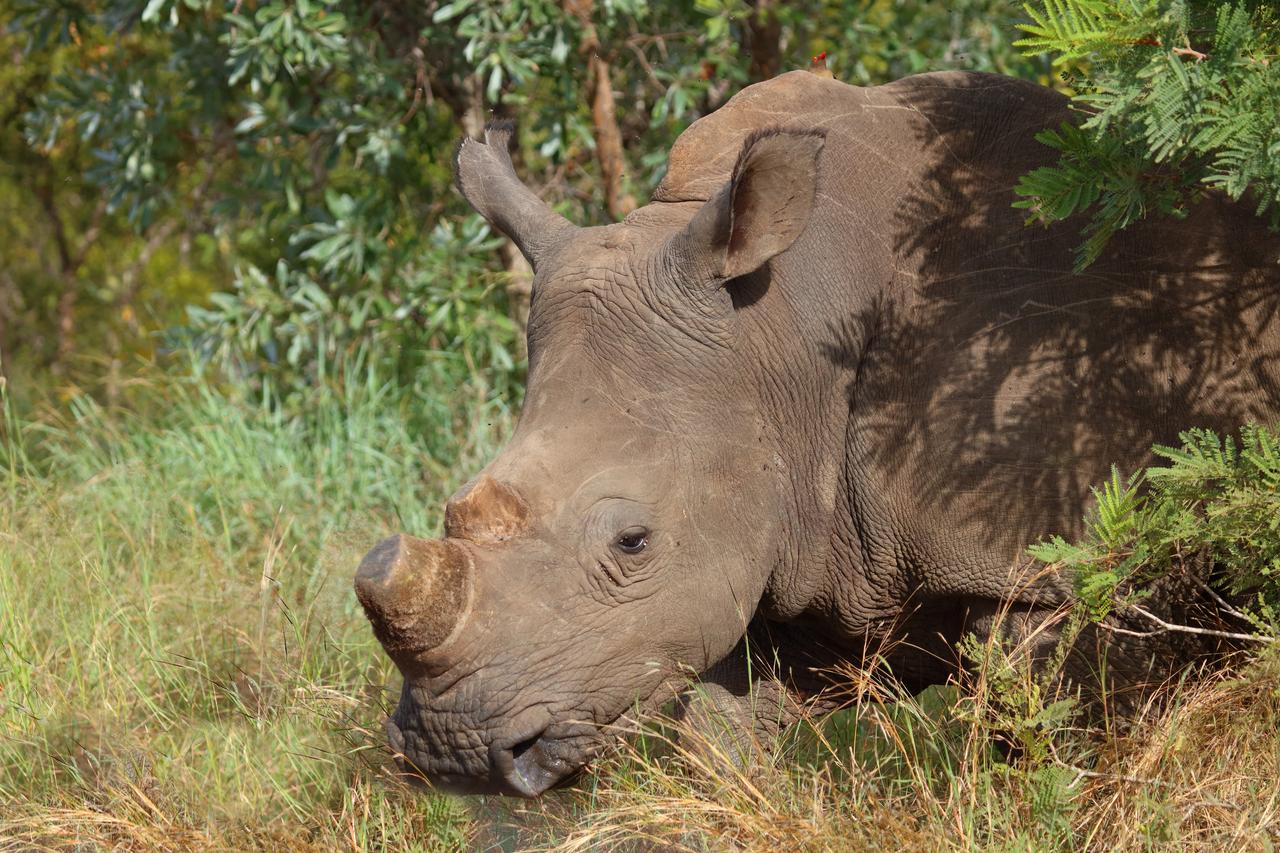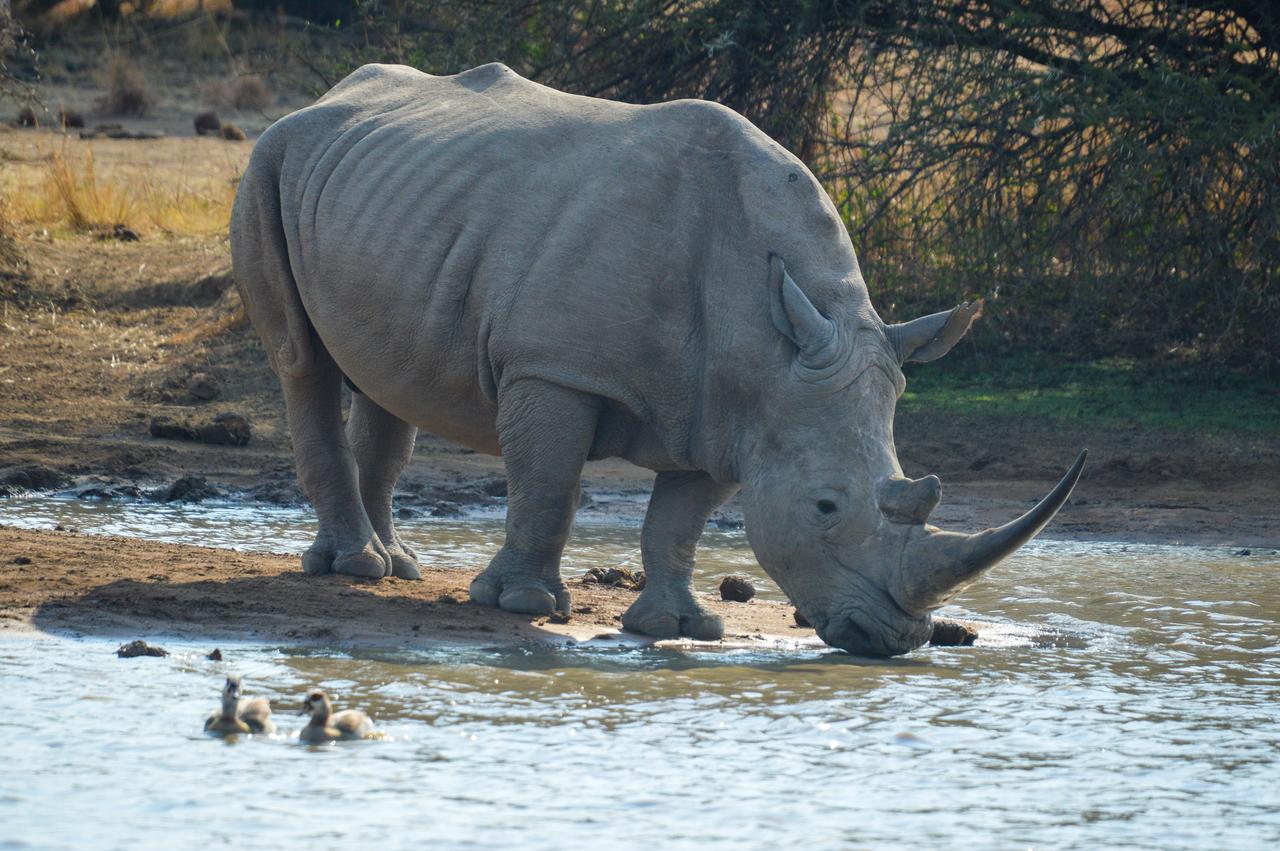
South Africa, one of the leading countries in rhino conservation, witnessed the poaching of 103 rhinos in the first quarter of 2025 alone, according to official data. The killings were driven by demand for the animals’ highly valuable horns.
South Africa’s Minister of Forestry, Fisheries and the Environment, Dion George, stated, “The loss of 103 rhinos in just three months is a stark reminder of the relentless threat facing our wildlife.”
He added that 65 of the poaching incidents occurred within areas managed by South African National Parks (SANPARKS), emphasizing the audacity of illegal hunting even within protected zones.
To counter the rising threat, the minister revealed that authorities plan to deploy advanced surveillance technologies such as drones and thermal radar systems. These tools aim to increase the detection and deterrence of poachers operating in the wild.

Home to approximately two-thirds of Africa’s rhino population, South Africa plays a crucial role in the survival of this iconic species. More than 15,000 rhinos roam freely in the country’s natural reserves, including over 2,000 black rhinos—a critically endangered subspecies.
Despite strict anti-poaching laws, including decadeslong prison sentences, the number of rhinos killed in recent years has steadily increased. In 2024 alone, 420 rhinos were reported poached.
Rhinos, considered one of Africa’s “Big Five” game animals, are often slaughtered for their horns, which are highly prized in certain Asian countries. There, the horns are used to craft jewelry and ornamental items perceived as symbols of wealth and status.
Illegal wildlife trafficking networks target especially black rhinos, whose population has plummeted from around 65,000 half a century ago to just 6,500 today. Each rhino horn, weighing over 6 kilograms, can sell for tens of thousands of dollars per kilogram on the black market.